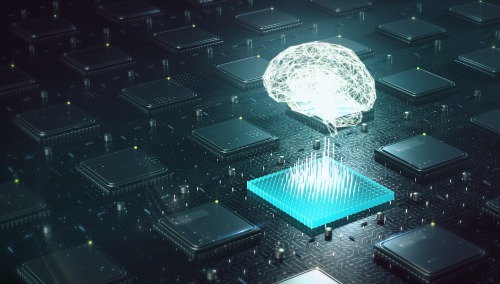
A new center from Pennsylvania State University (Penn State) will connect researchers in artificial intelligence and machine learning with industry partners to further research and development of industry-sponsored projects, the University said earlier this month.
Penn State’s Institute for Computational and Data Sciences announced it would create the Center for Applications of Artificial Intelligence and Machine Learning to Industry, or AIMI, to connect researchers to industry members. The center would be funding through industry memberships similar to the way the National Science Foundation’s Industry-University Cooperative Research Centers (IUCRC). Penn State has six IUCRC centers and used its experience with them to refine AIMI’s ability to tackle industry challenges while advancing AI/ML research.
“The AIMI center brings a fresh, dynamic opportunity for industries to partner with Penn State. The membership model allows partners to directly communicate their top research needs in AI and ML while remaining apprised of hot trends globally,” Lora Weiss, senior vice president for research at Penn State, said “Our industry partners want to be engaged in the advances we are making in AI and ML, and by pooling their interests, we are powering top partnerships to address critical issues.”
The center’s director will be Soundar Kumara, professor of industrial engineering at Penn State, a pioneer in the application of AI/ML in smart manufacturing and health care.
The university said the membership model will give industry partners access to cutting-edge AI-related projects while letting them collaborate with researchers on those projects.
“My vision is to make AIMI the global hub for AI and ML industry research,” Kumara said. “By joining forces with AIMI at Penn State, industry members benefit in many ways and become a community focused on advancing AI/ML research.”
With more than 400 researchers using AI or ML methods, AIMI will serve as a hub to connect business and industry with AI/ML experts. Currently, researchers are doing work on topics like detecting discrimination, monitoring the health of mothers and children, predicting severe weather, diagnosing crop diseases, studying river water quality, improving suicide prevention interventions, tracking hurricanes and speeding up vaccine manufacturing, the university said.